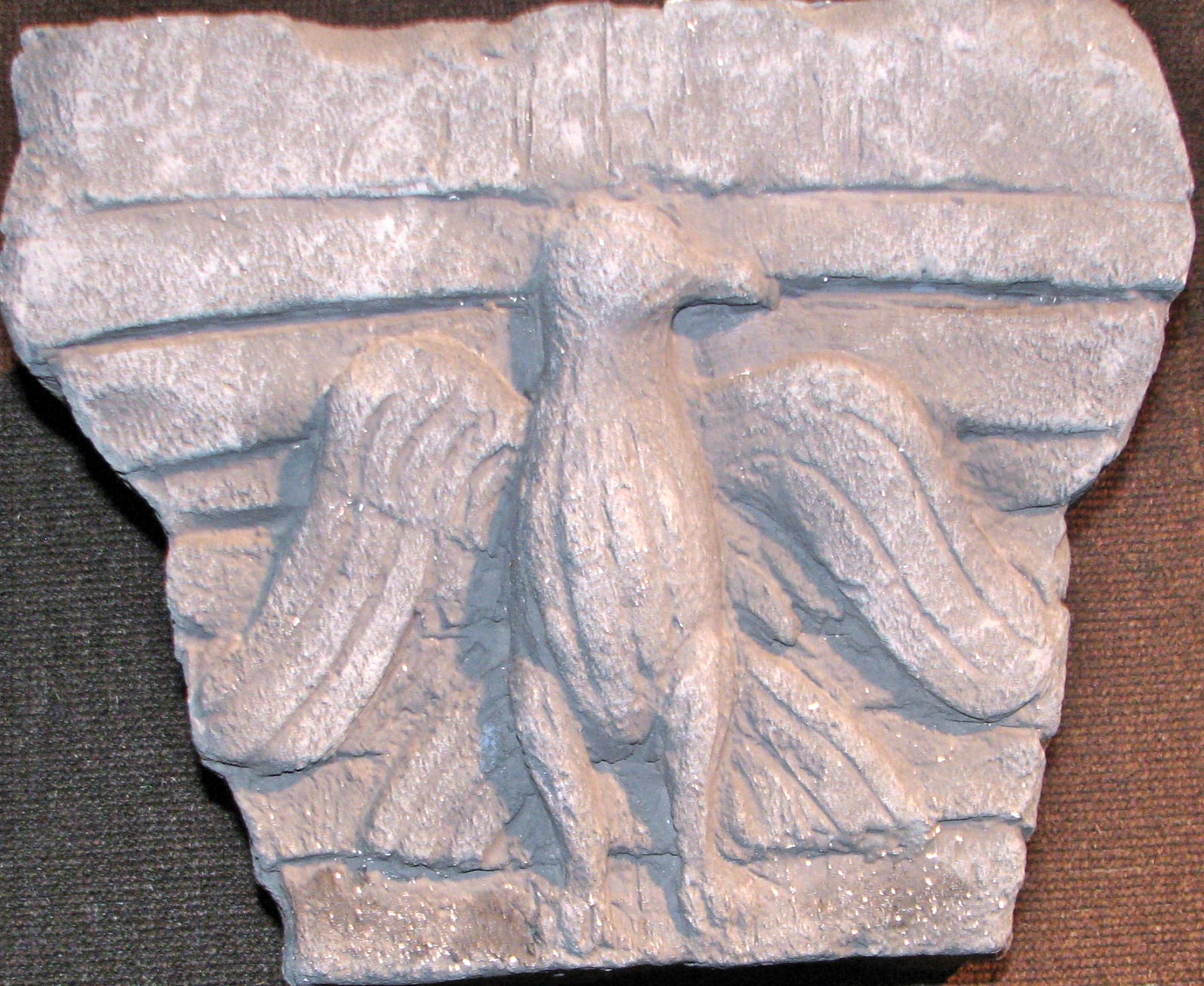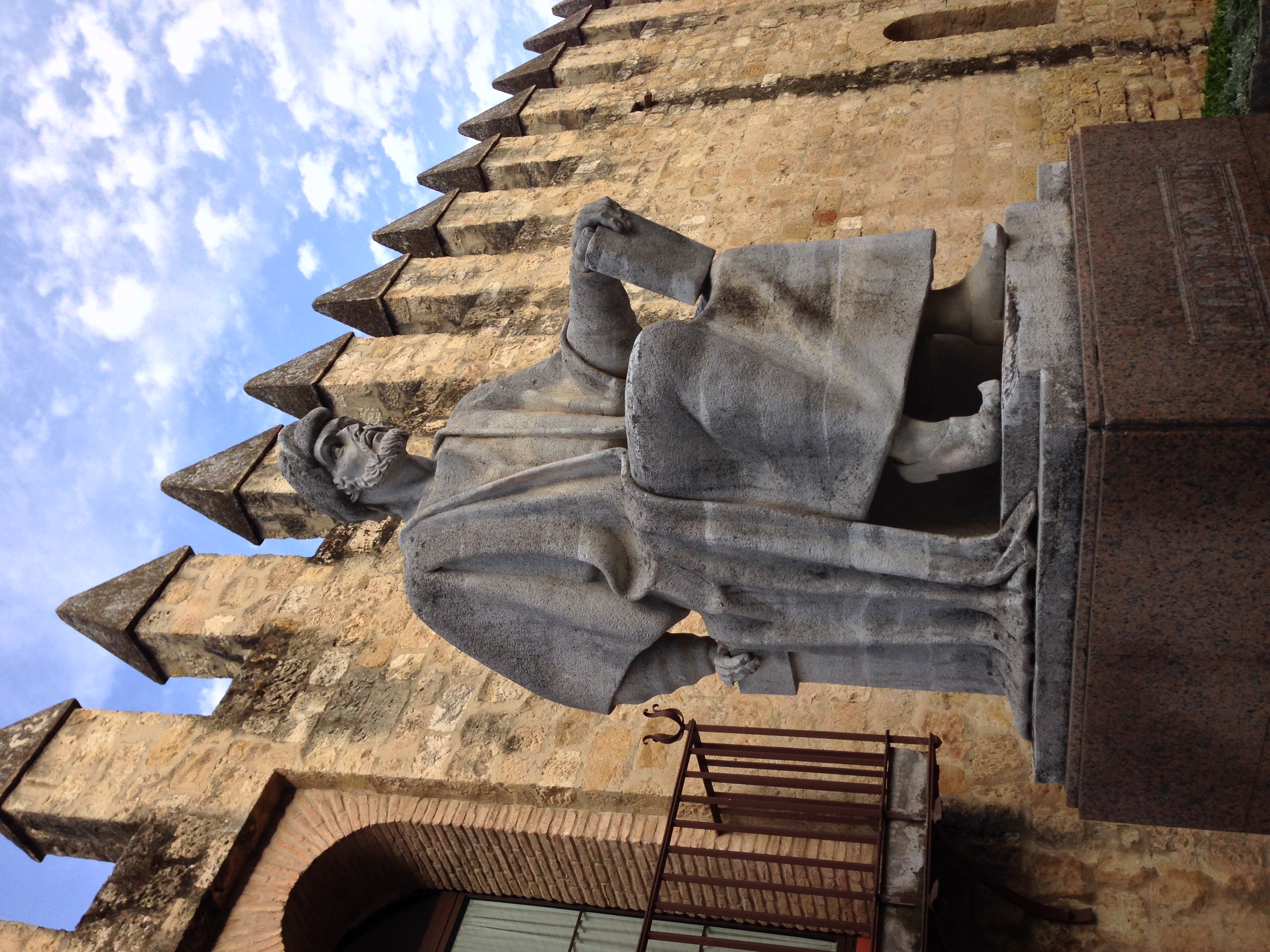|
David Kalonymus Ben Jacob
David Kalonymus ben Jacob (David ben Jacob Meïr) was an Italian Jewish astrologer of the fifteenth century, and a member of the Kalonymus family. He wrote in 1464 two astrological treatises, the smaller of which is on the conjunction of Saturn and Jupiter. He dedicated the latter work to King Ferdinand I of Naples, and hoped thereby to obtain religious liberty for his coreligionists. In 1466 David translated from Latin into Hebrew an astronomical work of John of Gmünd, which he called ''Mar'ot ha-Kokabim'' (''"The Aspects of the Stars"''). The work is a description of an astronomical instrument which had been invented at Vienna en, Viennese , iso_code = AT-9 , registration_plate = W , postal_code_type = Postal code , postal_code = , timezone = CET , utc_offset = +1 , timezone_DST ... in 1417. He was invested by the king with an office, probably that of astrologer. In 1484 he wrote a ... [...More Info...] [...Related Items...] OR: [Wikipedia] [Google] [Baidu] |
Astrologer
Astrology is a range of divinatory practices, recognized as pseudoscientific since the 18th century, that claim to discern information about human affairs and terrestrial events by studying the apparent positions of celestial objects. Different cultures have employed forms of astrology since at least the 2nd millennium BCE, these practices having originated in calendrical systems used to predict seasonal shifts and to interpret celestial cycles as signs of divine communications. Most, if not all, cultures have attached importance to what they observed in the sky, and some—such as the Hindus, Chinese, and the Maya—developed elaborate systems for predicting terrestrial events from celestial observations. Western astrology, one of the oldest astrological systems still in use, can trace its roots to 19th–17th century BCE Mesopotamia, from where it spread to Ancient Greece, Rome, the Islamic world, and eventually Central and Western Europe. Contemporary Western astrology ... [...More Info...] [...Related Items...] OR: [Wikipedia] [Google] [Baidu] |
Kalonymus Family
Kalonymos or Kalonymus ( he, קָלוֹנִימוּס ''Qālōnīmūs'') is a prominent Jewish family who lived in Italy, mostly in Lucca and in Rome, which, after the settlement at Mainz and Speyer of several of its members, took during many generations a leading part in the development of Jewish learning in Germany. The family is according to many considered the foundation of Hachmei Provence and the Ashkenazi Hasidim. Name The name should technically be spelled "Kalonymos," as Kalonymus ben Kalonymus and Immanuel the Roman both rhyme it with words ending in "-mos". The name, which occurs in Greece, Italy, and Provence, is of Greek origin; Kalonymos ( grc, Kαλώνυμος) means "good name" and Wolf pointed that it is a translation of the Hebrew "Shem-Tov"; Zunz, that it represented the Latin "Cleonymus". Early history Traces of the family in Italy may be found as early as the second half of the eighth century. As to the date of the settlement of its members in Germany, the op ... [...More Info...] [...Related Items...] OR: [Wikipedia] [Google] [Baidu] |
Ferdinand I Of Naples
Ferdinando Trastámara d'Aragona, of the Naples branch, universally known as Ferrante and also called by his contemporaries Don Ferrando and Don Ferrante (2 June 1424, in Valencia – 25 January 1494, in Kingdom of Naples, Naples), was the only son, illegitimate, of Alfonso V of Aragon, Alfonso I of Naples. He was king of Naples from 1458 to 1494. He was one of the most influential and feared monarchs in Europe at the time and an important figure of the Italian Renaissance. In his thirty years of reign he brought peace and prosperity to Naples. Its Foreign policy, foreign and diplomatic policy aimed at assuming the task of regulating the events of the peninsula in order not to disturb the political balance given by the Treaty of Lodi, to affirm the hegemony of the Kingdom of Naples over the other List of historic states of Italy, Italian states and to tighten through its diplomats and marriages of his numerous legitimate and natural children, a dense network of alliances and relati ... [...More Info...] [...Related Items...] OR: [Wikipedia] [Google] [Baidu] |
Religious Liberty
Freedom of religion or religious liberty is a principle that supports the freedom of an individual or community, in public or private, to manifest religion or belief in teaching, practice, worship, and observance. It also includes the freedom to change one's religion or beliefs, "the right not to profess any religion or belief", or "not to practise a religion". Freedom of religion is considered by many people and most nations to be a fundamental human right. In a country with a state religion, freedom of religion is generally considered to mean that the government permits religious practices of other sects besides the state religion, and does not persecute believers in other faiths (or those who have no faith). Freedom of belief is different. It allows the right to believe what a person, group, or religion wishes, but it does not necessarily allow the right to practice the religion or belief openly and outwardly in a public manner, a central facet of religious freedom. Freedo ... [...More Info...] [...Related Items...] OR: [Wikipedia] [Google] [Baidu] |
Johannes Von Gmunden
:''Johannes von Gmünd is also the name of a 14th-century architect, see Basel Münster.'' Johannes von Gmunden ( la, Johannes de Gamundia; c. 1380/84 – February 23, 1442) was a German/Austrian astronomer, mathematician, humanist and early instrument maker. Biography Johannes von Gmunden received the degree of a Master of Arts at the University of Vienna in 1406. From 1408, he was a lecturer at Vienna, lecturing on Aristotle's ''Physics'' (1408) and ''Meteora'' (1409, 1411), Peter of Spain (1410) and ''Algorismus de minutiis'' (1412). He fell seriously ill in 1412. In 1415 and 1416 studied theology, completing a Bachelor of Theology in 1416.Christoph Schöner, ''Mathematik und Astronomie an der Universität Ingolstadt im 15. und 16. Jahrhundert'', Duncker & Humblot, 1994, p. 69. He continued lecturing only in 1419, on ''algorismus de integris''. From 1420, Johannes was permitted to restrict his teaching to the specialized field of the mathematics of astronomy, focusing on Euc ... [...More Info...] [...Related Items...] OR: [Wikipedia] [Google] [Baidu] |
Vienna
en, Viennese , iso_code = AT-9 , registration_plate = W , postal_code_type = Postal code , postal_code = , timezone = CET , utc_offset = +1 , timezone_DST = CEST , utc_offset_DST = +2 , blank_name = Vehicle registration , blank_info = W , blank1_name = GDP , blank1_info = € 96.5 billion (2020) , blank2_name = GDP per capita , blank2_info = € 50,400 (2020) , blank_name_sec1 = HDI (2019) , blank_info_sec1 = 0.947 · 1st of 9 , blank3_name = Seats in the Federal Council , blank3_info = , blank_name_sec2 = GeoTLD , blank_info_sec2 = .wien , website = , footnotes = , image_blank_emblem = Wien logo.svg , blank_emblem_size = Vienna ( ; german: Wien ; ba ... [...More Info...] [...Related Items...] OR: [Wikipedia] [Google] [Baidu] |
Destructio Destructionis
''The Incoherence of the Incoherence'' ( ar, تهافت التهافت ''Tahāfut al-Tahāfut'') by Andalusian Muslim polymath and philosopher Averroes (Arabic , ''ibn Rushd'', 1126–1198) is an important Islamic philosophical treatise in which the author defends the use of Aristotelian philosophy within Islamic thought. It was written in the style of a dialogue against al-Ghazali's claims in '' The Incoherence of the Philosophers'' (''Tahāfut al-Falasifa''), which criticized Neoplatonic thought. Originally written in Arabic, ''The Incoherence of the Incoherence'' was subsequently translated into many other languages. The book is considered Averroes' landmark; in it, he tries to create harmony between faith and philosophy. Background In ''The Incoherence of the Philosophers'', the Sufi-sympathetic imam al-Ghazali ("Algazel") of the Ash'ari school of Islamic theology argued against Avicennism, denouncing philosophers such as Avicenna (''ibn Sina'') and al-Farabi (''Alpha ... [...More Info...] [...Related Items...] OR: [Wikipedia] [Google] [Baidu] |
Averroes
Ibn Rushd ( ar, ; full name in ; 14 April 112611 December 1198), often Latinized as Averroes ( ), was an Andalusian polymath and jurist who wrote about many subjects, including philosophy, theology, medicine, astronomy, physics, psychology, mathematics, Islamic jurisprudence and law, and linguistics. The author of more than 100 books and treatises, his philosophical works include numerous commentaries on Aristotle, for which he was known in the Western world as ''The Commentator'' and ''Father of Rationalism''. Ibn Rushd also served as a chief judge and a court physician for the Almohad Caliphate. Averroes was a strong proponent of Aristotelianism; he attempted to restore what he considered the original teachings of Aristotle and opposed the Neoplatonist tendencies of earlier Muslim thinkers, such as Al-Farabi and Avicenna. He also defended the pursuit of philosophy against criticism by Ashari theologians such as Al-Ghazali. Averroes argued that philosophy was permissi ... [...More Info...] [...Related Items...] OR: [Wikipedia] [Google] [Baidu] |
Year Of Birth Missing
A year or annus is the orbital period of a planetary body, for example, the Earth, moving in its orbit around the Sun. Due to the Earth's axial tilt, the course of a year sees the passing of the seasons, marked by change in weather, the hours of daylight, and, consequently, vegetation and soil fertility. In temperate and subpolar regions around the planet, four seasons are generally recognized: spring, summer, autumn and winter. In tropical and subtropical regions, several geographical sectors do not present defined seasons; but in the seasonal tropics, the annual wet and dry seasons are recognized and tracked. A calendar year is an approximation of the number of days of the Earth's orbital period, as counted in a given calendar. The Gregorian calendar, or modern calendar, presents its calendar year to be either a common year of 365 days or a leap year of 366 days, as do the Julian calendars. For the Gregorian calendar, the average length of the calendar year (the mea ... [...More Info...] [...Related Items...] OR: [Wikipedia] [Google] [Baidu] |
15th-century Deaths
The 15th century was the century which spans the Julian dates from 1 January 1401 ( MCDI) to 31 December 1500 ( MD). In Europe, the 15th century includes parts of the Late Middle Ages, the Early Renaissance, and the early modern period. Many technological, social and cultural developments of the 15th century can in retrospect be seen as heralding the "European miracle" of the following centuries. The architectural perspective, and the modern fields which are known today as banking and accounting were founded in Italy. The Hundred Years' War ended with a decisive Kingdom of France, French victory over the Kingdom of England, English in the Battle of Castillon. Financial troubles in England following the conflict resulted in the Wars of the Roses, a series of dynastic wars for the throne of England. The conflicts ended with the defeat of Richard III by Henry VII of England, Henry VII at the Battle of Bosworth Field, establishing the House of Tudor, Tudor dynasty in the later ... [...More Info...] [...Related Items...] OR: [Wikipedia] [Google] [Baidu] |
Italian Astrologers
Italian(s) may refer to: * Anything of, from, or related to the people of Italy over the centuries ** Italians, an ethnic group or simply a citizen of the Italian Republic or Italian Kingdom ** Italian language, a Romance language *** Regional Italian, regional variants of the Italian language ** Languages of Italy, languages and dialects spoken in Italy ** Italian culture, cultural features of Italy ** Italian cuisine, traditional foods ** Folklore of Italy, the folklore and urban legends of Italy ** Mythology of Italy, traditional religion and beliefs Other uses * Italian dressing, a vinaigrette-type salad dressing or marinade * Italian or Italian-A, alternative names for the Ping-Pong virus, an extinct computer virus See also * * * Italia (other) * Italic (other) * Italo (other) * The Italian (other) * Italian people (other) Italian people may refer to: * in terms of ethnicity: all ethnic Italians, in and outside of Italy * in ... [...More Info...] [...Related Items...] OR: [Wikipedia] [Google] [Baidu] |







